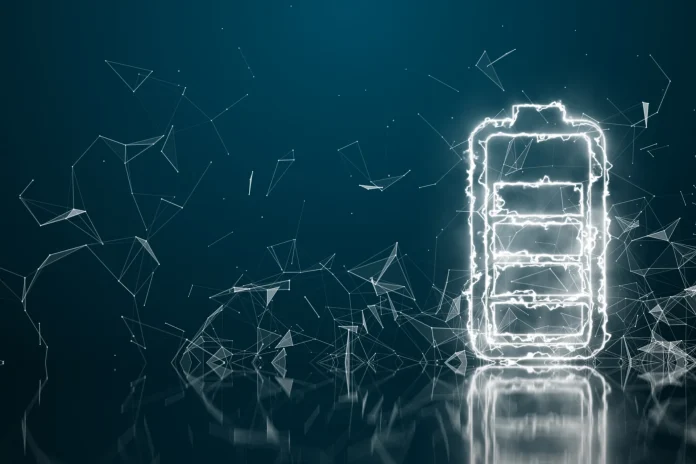Sodium Batteries are an alternative to the widely used lithium-ion batteries. Unlike lithium, sodium is abundant and cheap, making it a more feasible option for large-scale energy storage solutions.
An Abundant Alternative
Lithium-ion batteries, while revolutionary, have their limitations. Lithium, a key component, is in limited quantity, and mining metals like cobalt and nickel raises ethical concerns. Sodium, on the other hand, is plentiful, making up a significant portion of salt found in oceans. Chemists have discovered that sodium can be utilized in batteries without cobalt or nickel, sparking interest in sodium-ion (Na-ion) batteries.
Sodium Batteries vs Lithium-ion
Both lithium and sodium belong to the alkali metal group, known for their reactivity. An electrochemical cell is formed when electrons are channeled through a wire and cations (positive ions) like sodium or lithium travel through an electrolyte. This process, typical of sodium and lithium, allows energy to be drawn or charged, making it the foundation of battery technology.
Chinese Innovation in Developing Sodium Batteries
In China, where demanding economic plans drive technological advancements, sodium batteries are gaining a grip. Several Chinese companies are leading the charge, exploring sodium as a viable option for various applications. CATL, a major in the battery industry, introduced the world’s first sodium battery for electric vehicles, creating a shift in the market.
Challenges and Opportunities
While sodium batteries show immense promise, challenges can’t be denied. Developing durable and efficient batteries comparable to their lithium equivalent requires ongoing research and innovation. Startups worldwide are experimenting with different materials and designs to enhance the performance of sodium batteries. Factors like materials, price and demand for energy-dense solutions will be considered in shaping the future of sodium battery technology.
Sodium batteries hold the potential to transform energy storage on a global scale and might also hold the key to a sustainable future. As research continues, sodium batteries might pave the way for a cleaner, greener tomorrow powered by abundance and innovation.



